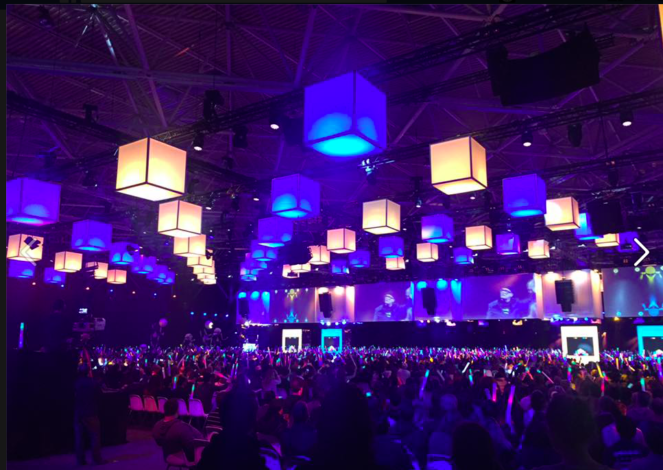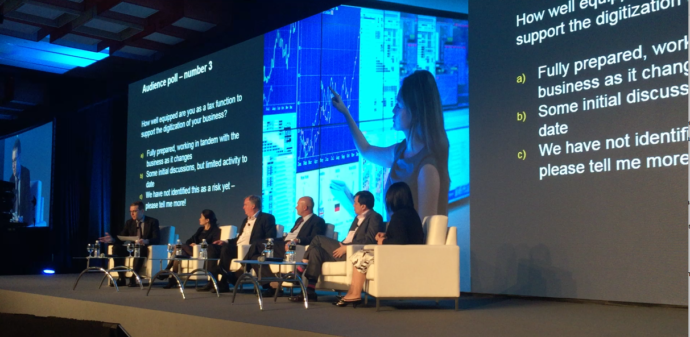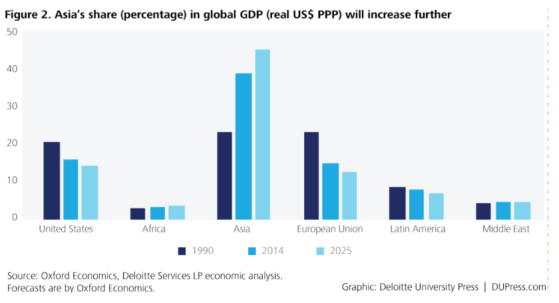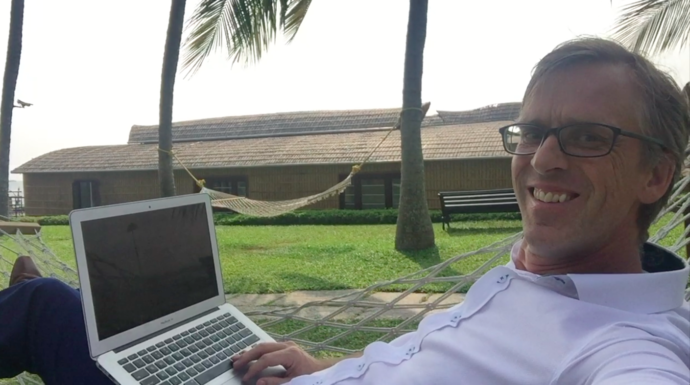
This is the tale of how I got the booking for Booking.com’s big, global conference to show you have you can get them too.
It was one of those bookings that every speaker wants to get: 7000 delegates, from 200 offices in 78 countries. I am right now in Amsterdam as one of 23 external speakers for BAM17 (Booking Annual Meeting 2017), the annual conference of Booking.com. The conference arena is fully taken over by the company and it is vibrating with energy from all the young and energetic employees from all over the world who have come to attend this annual event.
Booking.com is the world’s leading booking site for tourists and they have this amazing tradition where they, once per year, fly all the employees from all their offices around the world to a big, two days conference to network, mingle, learn and party.
A lot of companies arrange global companies for top management, but Booking.com is flying all (!) their staff (regardless of position!) to one huge, global, corporate get-together. (They just leave a bare bone minimum of staff left to keep the lights on.)
It’s a conference that ticks all the boxes on the kind of conference speakers want to speak at: global conference, vibrant client, fun industry, large audience etc.
So how did I get this global conference booking? By, two years ago, speaking for the local, regional Booking.com-conference for South East Asia in Bangkok, speaking to about 100 middle managers. At that event my client told me about their big, global conference and I made a mental note that, one day, I would speak at that conference.
A few months later I find out that my former client had moved back from Asia to the corporate HQ in Amsterdam. I sent him an email congratulating him to his new position and added a few lines about how I would, one day, love to speak at their global conference.
One year later I get two separate emails from two different people at the Booking.com HQ inviting me to speak at BAM (Booking Annual Meeting). The team behind the annual meeting had asked people at HQ for names of speakers that they could recommend. My client had mentioned me to two separate people on the organising committee, who both contacted me. Turns out the theme of this year’s conference was “imagination” which fits very well with my themes of Business Creativity.
The booking.com booking was confirmed.
So what is the lesson here?
Well, first to have a keynote theme that fits well with the themes of big, global conferences.
But more importantly: That the best way to get a global conference booking is to do a regional conference booking. And the best way to get a regional conference booking is to do a country booking.
Just like the best national teams qualifies for the World Cup, the best speakers who get to speak at the most important, largest, global conferences often get selected from the pool of speakers who have been speaking at national, or regional, conferences.
That, of course, means that you have to be judged as being the best of those in the running.
So that means that when you go up to speak at that small, regional or national conference you should go up with the mentality that you are auditioning to speak at the big, global conference. So if (!) someone in the audience of that small, local conference is, in any way, involved in organising, or in contact with the people who are organising, the global conference they will remember you.
I got a big speech for another huge company’s global client conference after speaking at another, small, local event for their Chinese clients – and event that had just 20 (!) attendees – but one of them just happened to be involved in organising the big, global conference …
I look at every speaking opportunity as an audition to get a bigger speaking job.
That mindset took me to speak at 23 different global or international conferences just last year. And that mindset got me to start 2017 off with speaking at two big international conferences.
What’s your mindset?


